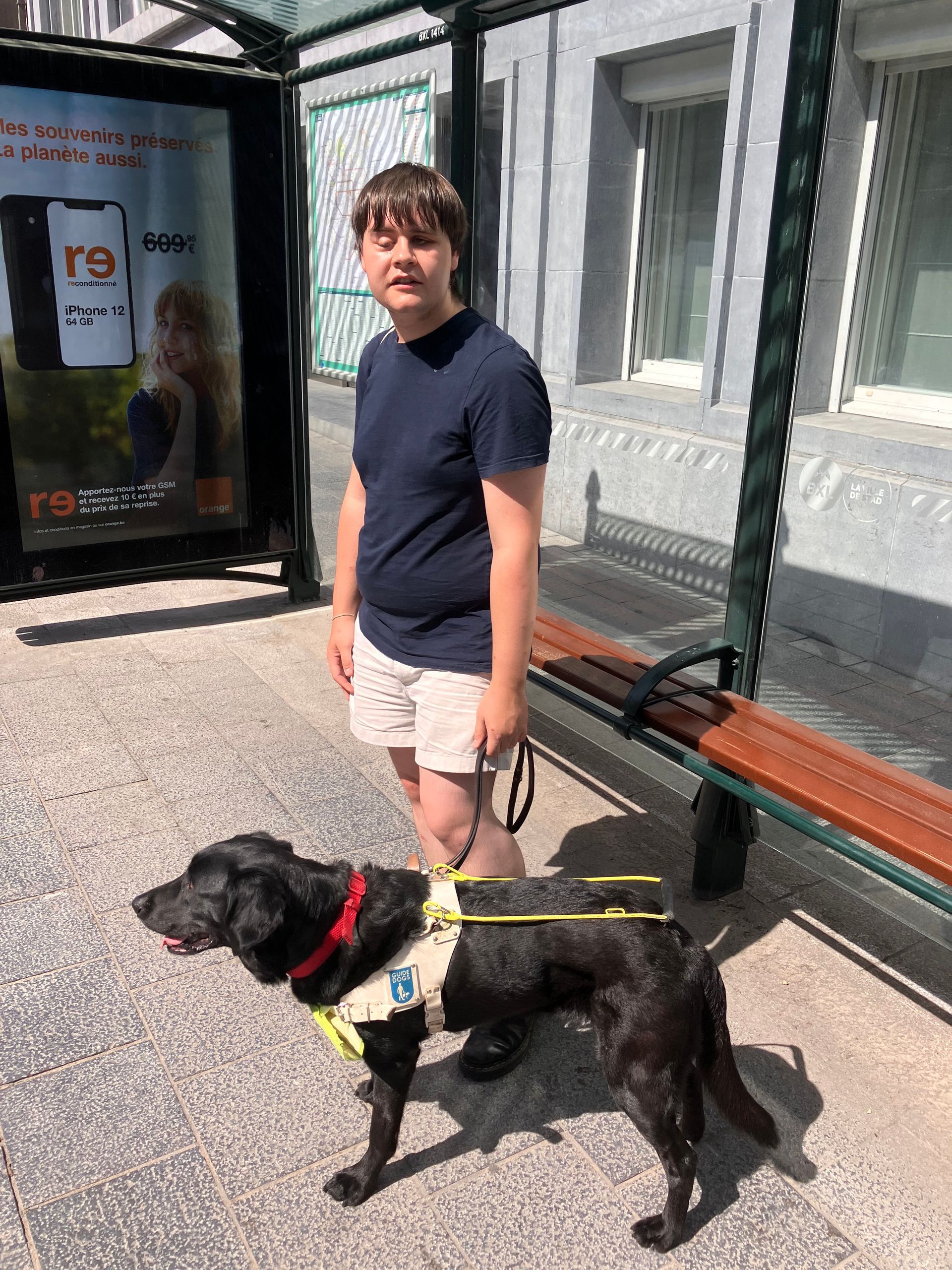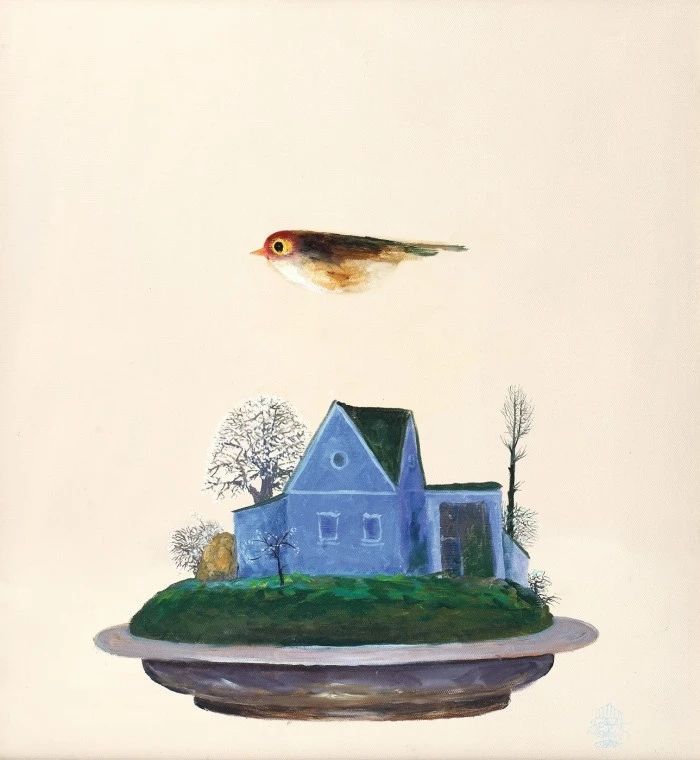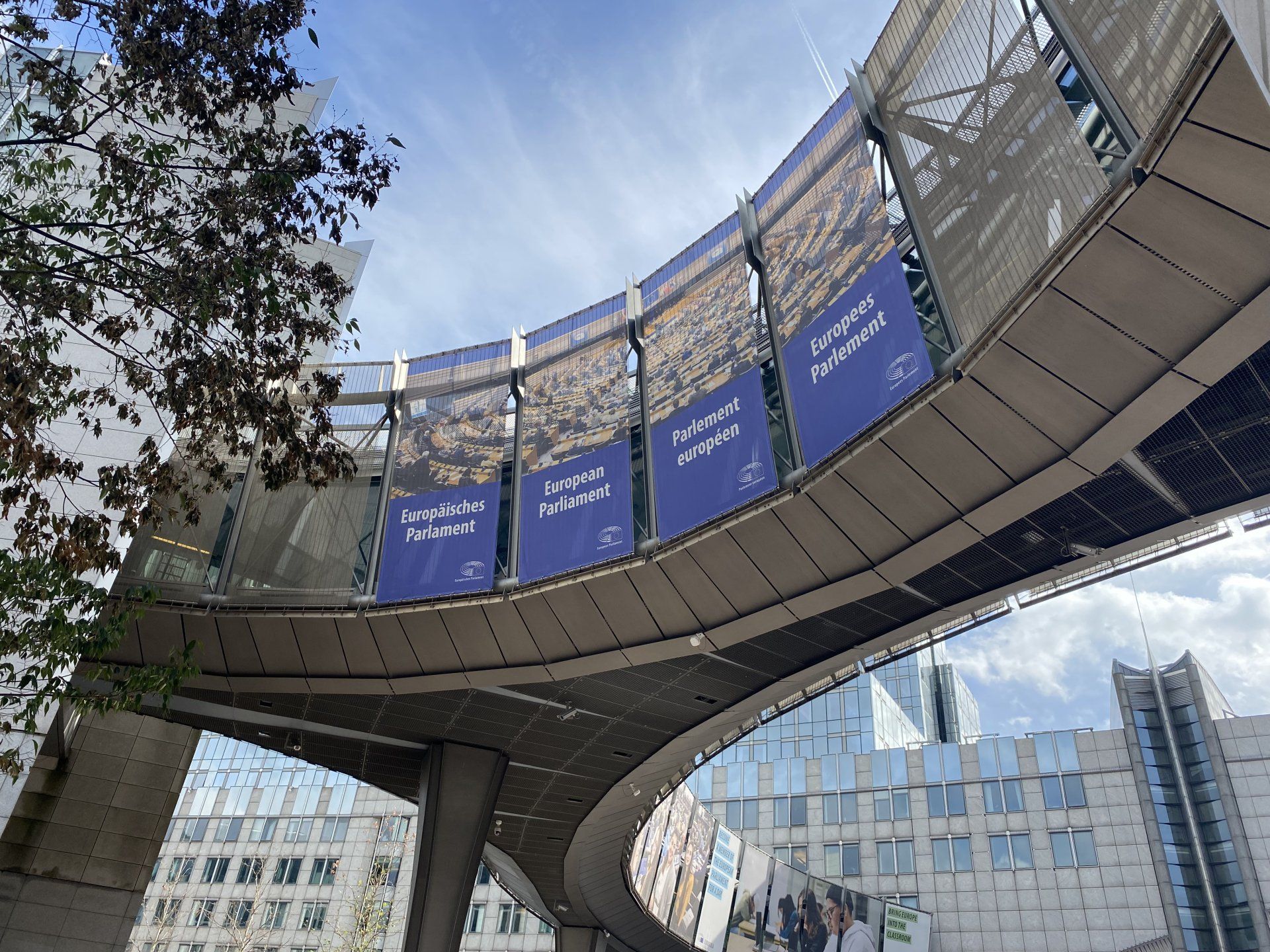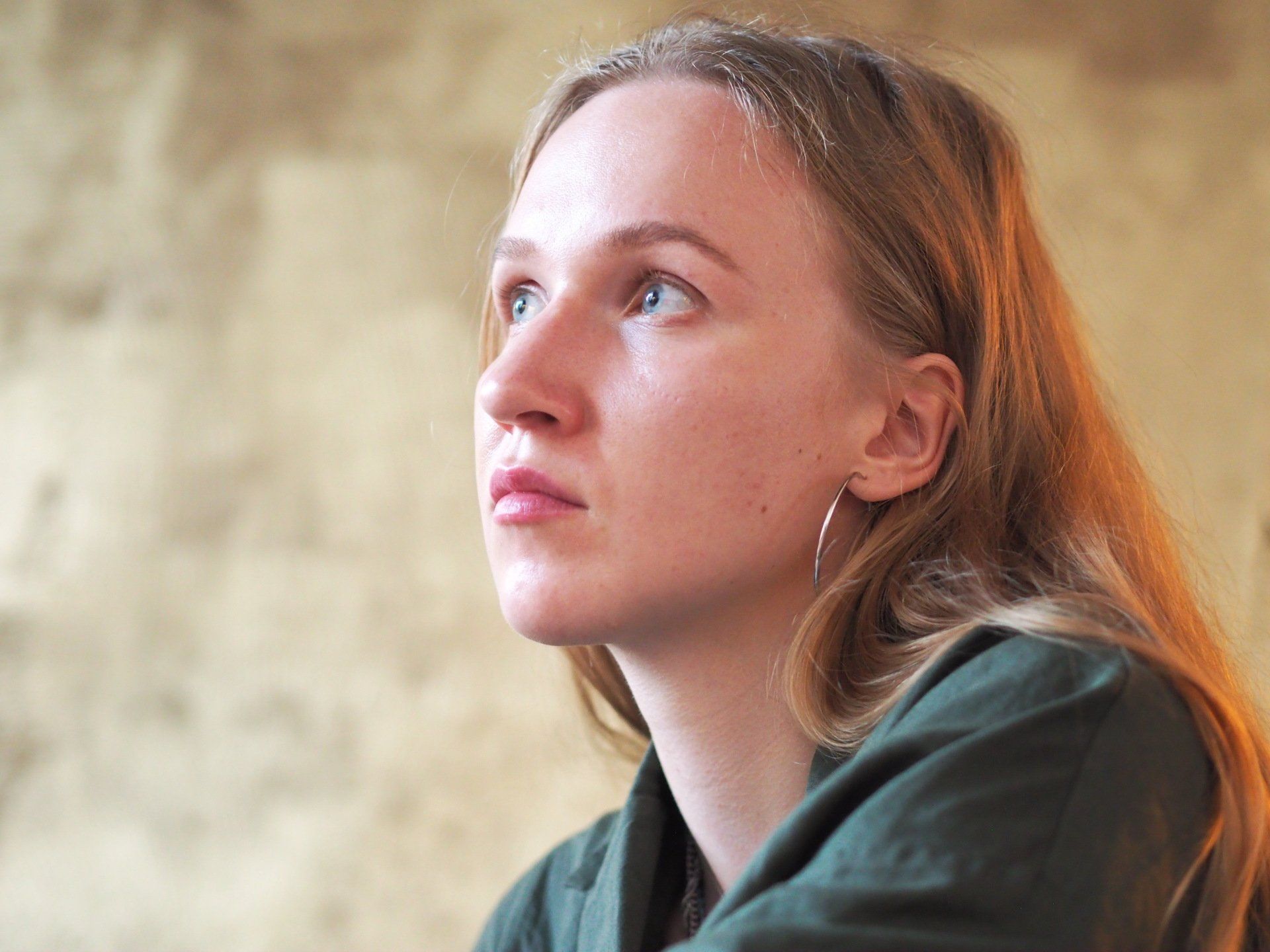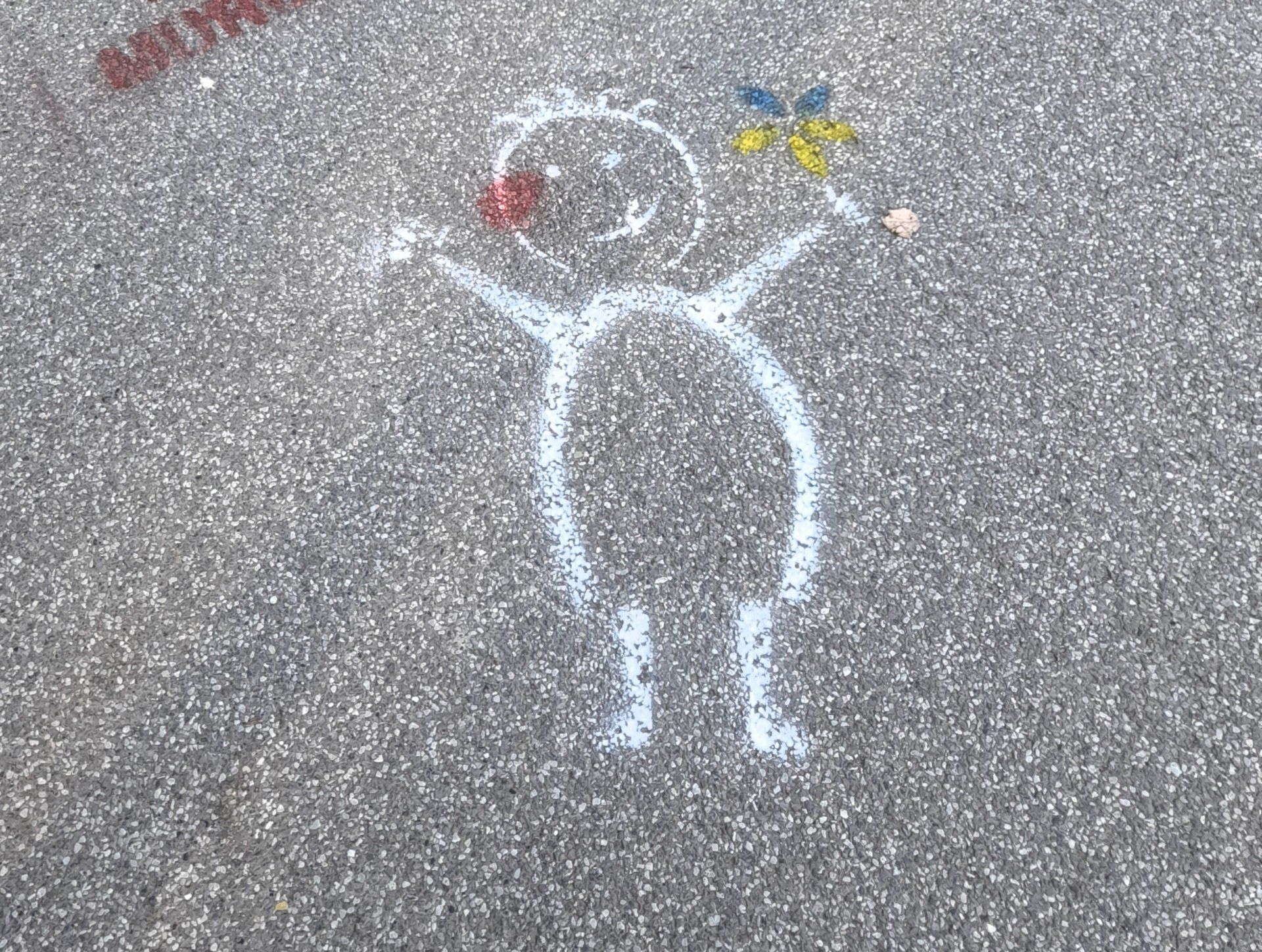How to inspire with a moral story (without moralising)
I’ve spent the past 11 years looking at how the language we use shapes how we see the world. Whether we think social safety nets are solidarity or theft, refugees vulnerable or dangerous, the EU an armour or an oppressor, all of these are stories we weave and reinforce through language. A good illustration of how this works in practice is the success of austerity and Eurosceptic narratives in the UK over the past ten years, as John Harris explains in the Guardian here.
Politics is in many ways a battle of the fictions, with language as the key instrument for making such fictions feel real. There is nothing sinister about it, and no need to be precious about ideas like mind-control and manipulation, at least not below the thresholds laid out in our legal systems. Us humans use stories to understand the world around us. Those stories that best fit our predispositions and unmet needs are the ones that stick.
I don’t mean to sound amoral on the matter, because I really am not. Not all stories are equal and not all lead to good things. Some are truly cynical strategies to mislead, but focusing on this characteristic rather than on offering viable alternatives is unhelpful. While we implode with righteous outrage, hateful narratives are filling the public space. If we have nothing to offer as an alternative but sanctimonious disapproval, we are in real trouble.
What all stories in the public space are built on, whether we agree with them or not, are moral systems, philosophies that categorise right and wrong. Virtually every story flying around in our universe, and especially the ones that are successful in shaping our politics and our political systems – well, they are moral tales. They paint a picture, most often, of wrongs to be righted. They form the basis of our political choices, providing a strong moral justification for our actions.
“Social benefit claimants are receiving something for nothing, they are stealing from the community. Immigrants are changing the cultural make-up of our communities, they are threatening our value systems. The EU is telling us what to do in our own country, in our own homes.”
These narratives might be negative and deceitful, but the moral story of wrongs to be righted shines brightly inside them. So they stick and they influence political choices and courses of action.
George Lakoff wrote persuasively on this in the 1990s, intending to help liberals better understand their own political philosophy and the reasons why it doesn’t always fly readily with the wider public. I think his key premise, of morality underpinning our metaphoric understanding of reality, is just what we need in our troubled, polarised times, to inspire a transition to sustainable and just societies and avert ecological and political meltdown.
One key problem for me (and for Lakoff) with the way progressive politics uses language is that it doesn’t talk compellingly about the moral story of its philosophy, which it too often replaces with moralising. Instead of describing why it’s a good thing to live in a society that nurtures and supports all individuals to live a fulfilling life and making a case for what that looks like, we too often sneer at those whose opinions are different from our own, without understanding where they are coming from. We express moral superiority over those we regard as bigots, ignorants, uber-individualists and planet-despoilers.
Strongly-held antagonism is also part of politics and of how we make sense of the world, of course. We should disagree and argue the merits of competing worldviews. But we need to remember to do both of those things, making sure that the moral story we are telling is compelling and inspiring, going beyond mere outrage and disgust with our opponents.
In our polarised and fragile world, speaking convincingly about the future is not simply a topic for theoretical debate, it’s a necessity. It’s not enough to shudder at the rise of flat-earth bigotry and nativism, we need to grapple with this reality and bring people over to a positive vision we can all get behind. Hatred is rising because (perversely) it offers hope. We can do better than this.
Do what exactly? When Flare was created, we couldn’t convincingly explain how
we would help to tell a new story, but we knew that we needed to do something. Over the past few months, our approach has been shaping up and we are much more systematic about what we believe will work. We know political debate and action require serious ramping up to deal with global threats. We can see that widening divisions are a threat and this is a time for togetherness and commonality.
Keep an eye out in the autumn for the next Great Brussels Get Together, join us
and help us tell a new story for our shared future.
By Andreea Petre-Goncalves
--------
Support our innovative work so that we can continue to deliver solutions to division and healing for hatred. Please donate on our site https://donorbox.org/powerful-conversations-for-progress.
Flare Blog
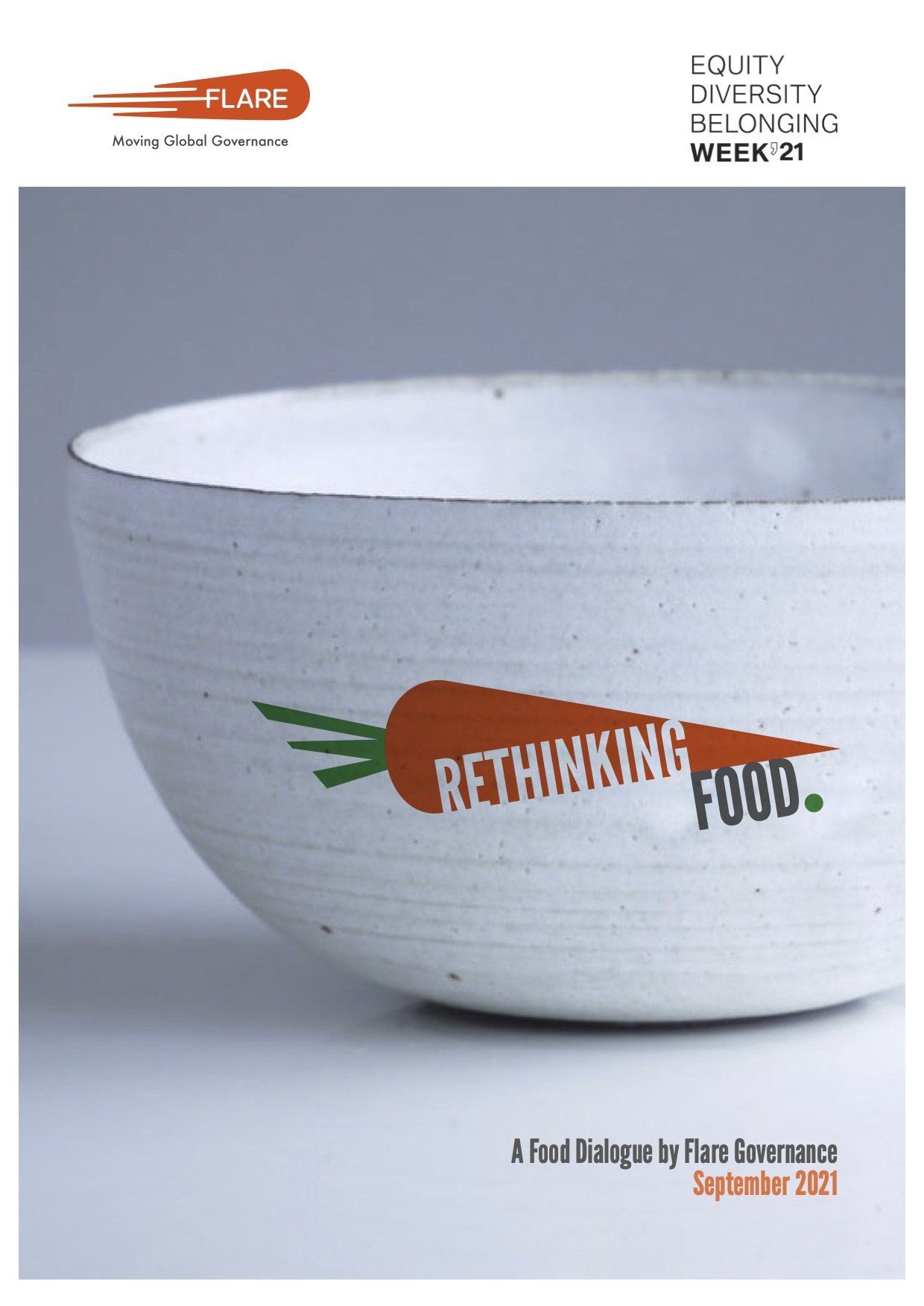
Is making us hungry. Read about how we re-imagined the global food system in 90 minutes in our latest report, available here . This stuff matters. Rethinking is about making space for hope, changing the story by which we live. Moving from me to us to our whole society. We take things that feel stuck and fixed and paint the picture of how they can be radically better. We do it together as equals, no matter our level of knowledge and experience. At the heart of Rethinking we’ve planted a simple seed of an idea. If we agree where we need to get to, we can find our way there. We can work out how to make change happen when we allow ourselves to imagine how things should be. The essential first step to get over our fear of being stuck in the now, in how things are, in feeling there’s no choice and no alternative – is to say what should be. It sounds banal, but it’s actually quite hard. We had a go during Rethinking food a couple of months ago. We’d spent a little while in a small group talking about access to food, injustice, food deserts, class, food snobbery and a multitude of ills. We were stumped when we tried to turn things around and say what “justice” looks like for an overweight single mum working two jobs and living in a “food desert” in the USA. We could see what the multiple injustices were, but naming what should be took us a little while. What should her life be like? What needs to happen to make that possible? You might recognize that pattern from how we approach challenges in public discourse. We’re very used to denouncing bad things, calling emergencies, demanding change from others. It’s a lot harder to name what should be, what the good society looks like, how we will feel when we’ve righted social and environmental wrongs. And once we’ve done that, I promise you, we’re cooking with gas (or something less planet heating). Over the last two years, we’ve developed a simple three-step method that takes people from hopelessness to action, from lone voices to collectives, from me to us. It’s not voodoo. It’s just humans talking, being brave and being nice. We think it can change society. No apologies for optimism. We’ve done it for football and eating , two things that feel like they belong to our private lives, but that are the most powerful embodiment of our moral systems, because we feel them viscerally. We’ve got a couple of high stakes experiments lined up for the end of 2021. If you’re tired and sad and despondent and you despair at the state of the world, please join us, fund us , talk drop us a line on hello@flaregovernance.eu . We have hope flowing out of every pore.

By Lauren Brown Productivity. It’s one of those words that is thrown around – ‘Oh I’ve had such a productive day’. It’s one I’m guilty of using, on those rare occasions where I feel as if my life is tied up into neat ends. It’s the feeling of satisfaction when you manage to get all those tiny tasks on your to-do list ticked off, eat healthily and manage to engage in one of those ‘mind-improving’ habits you set out to do at the beginning at the year. It’s definitely not limited to this sense of personal growth and improvement either but tied inherently into our working lives and culture. It rarely gives us time for rest but instead ‘more’. This productivity culture permeates our lives and is often held up as the way to have more time – that precious ‘more’ time to spend on things we truly love. But as Anne Helen Peterson points out, its mandate is ‘never ‘You figured out how to do my tasks more efficiently, so you get to spend less time working’. It is ‘you figured our how to do your tasks more efficiently, so you must now do more tasks’’. It’s the sense that if you can get that one extra task done a day, you will be far better off for it. And for many, the rewards that come with these tasks (especially those in precarious situations, for whom productivity is just a way to survive basic economic needs) are maybe not all they seem. It’s also tied up in ideals of self-improvement. ‘Oh, if I could just be more productive with my time, I’ll manage to squeeze in Duolingo’. We are taught we must maximise our output (and our consumption for that matter) to be the best we can be, at all times, in every potential area. But we all have a ceiling to this – no one can work infinitely, and at some point, diminishing returns sets in. There’s only so long I can pretend my endless to do list is improving my life, instead of stressing me out that once again I haven’t done X Y and Z. Whilst I could happily spend the rest of this blog theorising how neo- liberalism is a key part of this (don’t worry, I won’t), this sense of disquiet around working cultures has been thrown into sharp relief by the pandemic for many. Debates over whether workers get more done at home or the office are prominent in the news, accompanied by endless articles on burnout culture. Businesses are testing out four-day work weeks – with the caveat that this is obviously to improve productivity, though admittedly through a method that involves ‘working better’. All of these stories question the idea of boundaries. Whether these be physical (home vs an office environment) or mental (when do we ‘switch off’), the pandemic has led to discomfort over our current working practices. I’m a case in point. During the first lockdown, I felt I needed to produce at ever higher rates in order to ‘secure my future’. So I regularly worked 40+ hour weeks (often splitting my time between my supermarket job, research internships and volunteering) as well as finishing my studies. I thought it was normal, desirable even, to only have one ‘proper’ day off a week. I believed this was the best way for me (a busy person even in ‘normal’ pre-pandemic times) to stay sane, to cope with the ever closing walls of the world. But when I compare this to the third lockdown I experienced here in the U.K., this outlook seems obscene and naïve. I struggled to concentrate through my degree and the drudgery of life in my small four walls. However, I still felt I needed to produce at the levels I had been, to make this lockdown a success. I felt I needed to do ‘more’ – I had the time, why wasn’t I doing it? And that’s what is so all-encompassing about this productivity culture. It’s prevalent and fetishized (what do you mean, you don’t have a side hustle?). There’s, as Pandora Sykes identifies in her book Are We Doing it Right?, a status to being busy and getting lots done. It’s also a way of coping with insecure futures and bleak employment prospects. Admittedly this was heightened by a mild personal panic that came with the realisation I was soon to be an unemployed postgraduate student. But is it healthy? It's hard to admit that maybe you can’t improve in every section of your life. That there’s a point where burnout sets in. That maybe you don’t need to learn French or do that typing class, unless you really do have the capacity and desire for it. Maybe we shouldn’t have to be excessively productive. Maybe we should talk about what we actually want for our futures and challenge what we see as normal. I’m not saying productivity is inherently evil and I can’t pretend I’m not sucked into the machinery that surrounds productivity culture. But as time goes on, the apparent need to produce and consume more is one that becomes more questionable to me. At what point can I say I’ve done enough? I might never be able to fully manage the expectations of myself and workplace culture with what actually works for me, but through talking it through, I can start to try.

By Sam Ajakaiye Change. It’s such a small word which encompasses so much. So often I reflect on the various ways I want the world to change and yet I also find myself in a position where I must question whether this very act is naive. Negative change is surely worse than the status quo. Social (and, to a certain extent, political) conservatism is often predicated on this understanding that change can easily break down the good things we have whilst failing to replace them with anything of equal, let alone better, value. I am also a university student. University students are famed for their rampant desire for change and their youthful radicalism. In my first year at university, I have witnessed how a surge in the use of social media and a significantly greater awareness of international affairs has led activism to become commonplace amongst a generation of ‘Social Justice Warriors’. I am also a 19-year old black man who does not only feel society’s divides but actively studies the histories behind them in his degree. How could I not desire change when I see how hypocritical greed has led (and still leads) to the crippling of continents, communities and families in places like my homeland, Nigeria. Perhaps I wouldn’t because those same studies have bred within me a deep distrust for the leaders who have the greatest potential for change - stories of poor Nigerian governance are too numerous to count. If you are struggling to grasp where I lie on the political spectrum or what I want for the future of the world, welcome to the club! I do as well. However, I will clarify one thing for you - I do want change. It’s just that, whilst I am hopeful for a better future, I’m also sceptical about it. The reason why I am sceptical is that I have seen how the realisation of ideals doesn't just require more money, or more time, or more planning. They require people to change. If people don’t change the way that they act, the way they think about others (and themselves) and what they aspire towards, any real systematic change is not possible. For example, over the course of last year, systematic/institutional racism came to the fore of many debates once again. However, whilst systematic racism may have a completely different effect to interpersonal racism, it is certain that any system which places people at a disadvantage is rooted in decisions made by people, influenced by their personal approach to life and others. My hope for change is not rooted in seeing declarations made by governments which suggest that policy will be more aligned with the future I wish to see (otherwise I would be in love with the UN). It’s not when I see thousands of people gather on the streets to protest about problems of global importance. It’s not even when I am allowed to feed into conversations which are far beyond my pay-grade (I’m a student so I basically don’t have one) and share my visions for the world. My hope for change increases in those situations where all performance is stripped away and people are at their most open and vulnerable, yet I see genuine concern and kindness expressed towards others. When I see people truly empathise with each others’ struggles, regardless of whether they fully agree with their viewpoint, and have proactive and serious discussions marked by mutual respect. That’s because these are the types of spaces in which policy should be formed. These are the types of conversations that allow society to become naturally diverse. These are the types of people who will use influence to actually serve people rather than simply to boost their ego. Now, I will introduce a dose of scepticism here. As a Christian, the idea that everybody is flawed and has their own struggles is rooted in my worldview. However, I think I can confidently say that you don’t need the Bible to understand that humans aren’t perfect. There will always be people in power who are self-serving and people whose altruistic actions are only performative. But why should that ever be an argument to maintain the status quo? Instead, that fact should drive us to create as many open and genuine spaces as possible for people to learn about others and learn from others. We should prioritise creating opportunities for individuals to express themselves openly and then take each others’ concerns and opinions seriously. We should allow for debates which enable us to question each others’ views and find solutions to the different problems we experience and perceive. I am still sceptical about how many people will truly change from these spaces but that’s the thing about change - things will be uncertain. These conversations can only function as a starting point of change but, if we neglect this crucial initial point, how can we expect a different end product?
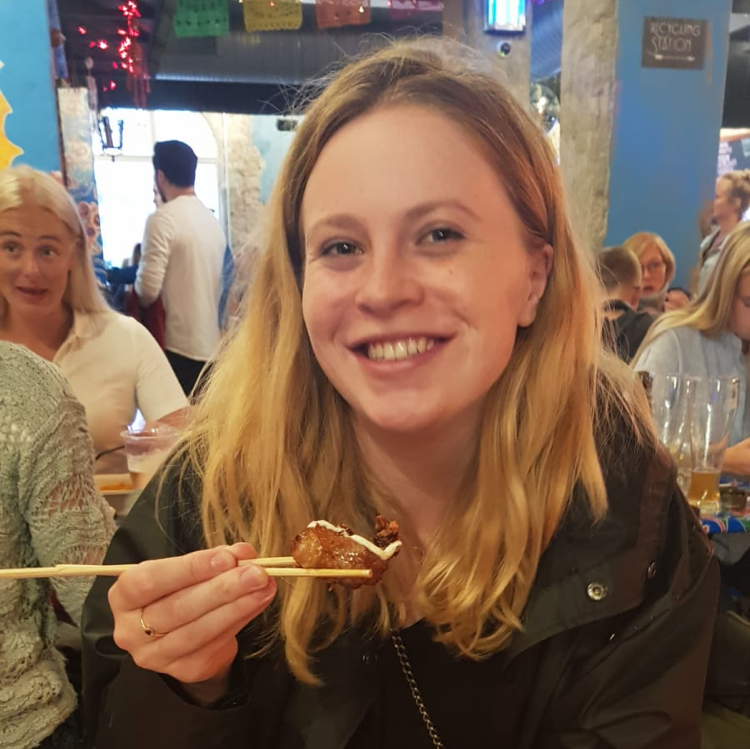
By Lauren Brown Food is something that connects us all – whether it’s a quick stir fry, a hungover takeaway pizza or a Sunday roast around the table with your family and friends. But it is also something that means different things to everyone. As you may be able to tell from the first sentence, a good Sunday roast reminds me of my family, whilst a pizza is my cure-all from a messier night than intended. Despite being a self-proclaimed foodie, and an enthusiastic if not always successful cook, how I feel about food and how it’s produced isn’t something I examine in detail too often. I know I love cooking and sharing food with others, I try to be a mildly successful vegetarian most of the time and I know cheese and chocolate are the primary reasons I would never go vegan. However, it wasn’t until I sat down as part of Flare Governance’s dialogue workshop at the BMW Foundation that I really examined this. Discussing topics from the social and cultural norms around food, to how we produce it, I began to think more and more about how food shapes my life. I began to question what I ate, why I ate it, and what I could do to create a world where I can balance my love for cheese with the environmental considerations of that. How could I feel connected to the food I ate, without knowledge of where and how it was produced, and under what connections? And how could I use food to connect to the people around me? Through discussions in smaller groups, we started to think of both what problems we saw in the world today and what we wanted the future of food to be. Answers to ‘fixing’ the food system varied from prioritising local produce, enriching the soil and inviting everyone to share food together. And at the heart of both these visions and solutions was a desire for food to be just and to work to connect us. It’s this that we should take forward, in order to challenge and to create a food system that is fair and just and belongs to all.

